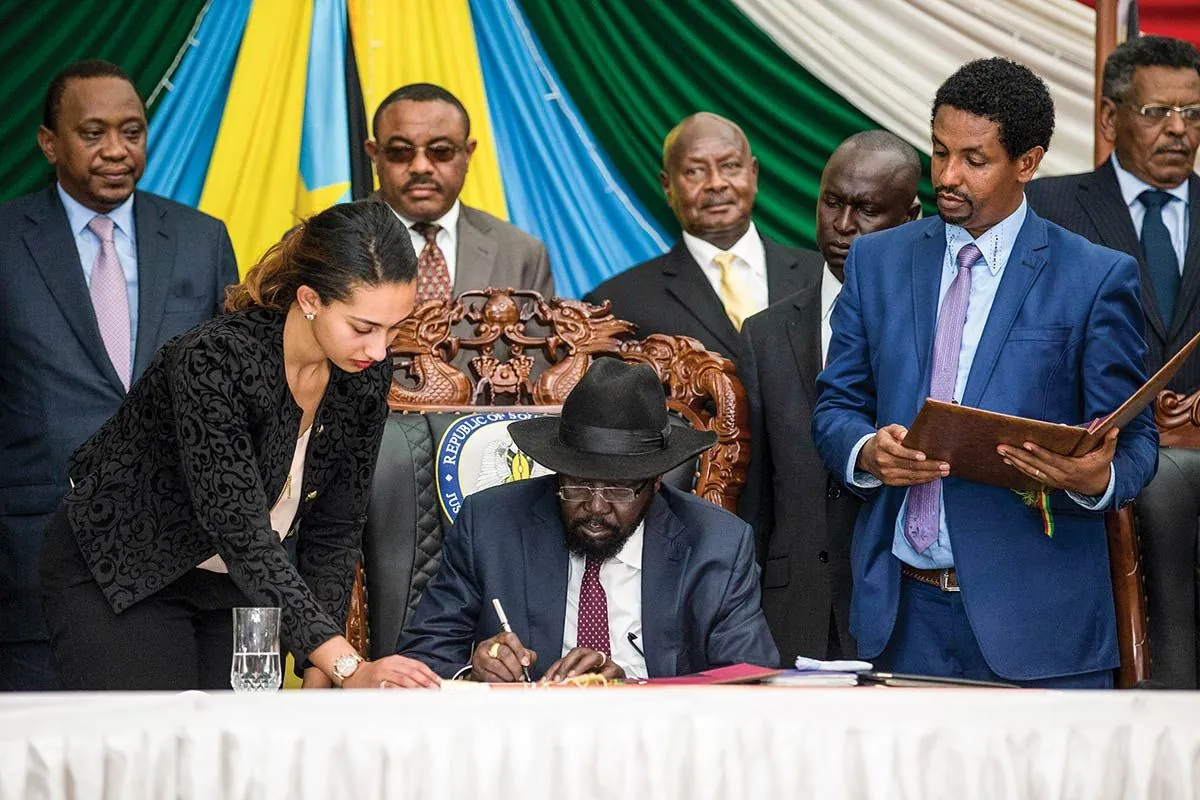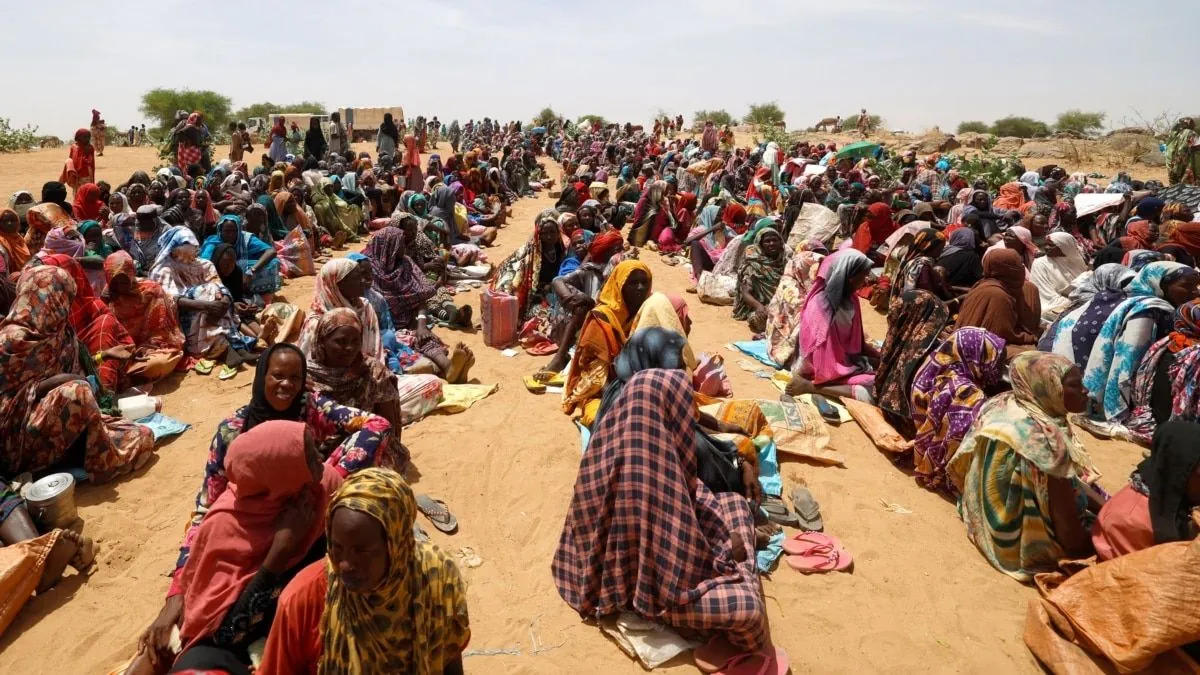Sudan's Military Leaders Signal Openness to Peace Talks Amid Ongoing Conflict
Sudan's army and RSF leaders respond to U.S. President Biden's call for renewed peace negotiations, expressing willingness to engage in dialogue despite ongoing blame game.

In a recent development, Sudan's military leaders have indicated their readiness to pursue peaceful resolutions to the ongoing conflict that has plagued the nation for over 17 months. This response comes in the wake of U.S. President Joe Biden's appeal for renewed peace negotiations.
Abdel Fattah al-Burhan, the army chief, expressed the Sudanese government's openness to constructive efforts aimed at ending the war. Shortly after, Mohamed Hamdan Dagalo, leader of the Rapid Support Forces (RSF), echoed similar sentiments.
"We reaffirm our commitment to ceasefire negotiations. We believe that the path to peace lies in dialogue, not random violence, and we will continue to engage in peace processes to secure a future free from fear and suffering for all Sudanese civilians."
Despite these statements, both leaders continue to trade accusations, blaming each other for the prolonged conflict and alleged abuses. The war, which erupted in April 2023, has resulted in over 12,000 fatalities and triggered one of the world's largest displacement crises.
The conflict's roots can be traced to power-sharing tensions between the army and the RSF following a coup. Sudan, the third-largest country in Africa by area, has a history of political instability, having experienced over 15 coup attempts since gaining independence from Anglo-Egyptian rule in 1956.

Recent U.S.-led mediation efforts in Switzerland yielded commitments from both parties to improve humanitarian aid access. However, progress was hindered by the Sudanese army's absence from the discussions.
Burhan reiterated the army's willingness to collaborate with international partners, stating, "We stand ready to work with all international partners in pursuit of a peaceful resolution that alleviates the suffering of our people and sets Sudan on a path towards security, stability, the rule of law, and the democratic transfer of power."
As the conflict continues, Sudan faces numerous challenges. The country's economy, heavily reliant on agriculture with cotton as a major export, has been grappling with high inflation rates. The loss of significant oil revenue following South Sudan's independence in 2011 has further strained the economy.
Sudan's rich cultural heritage, including ancient Nubian civilization sites and pyramids, contrasts sharply with its current struggles. The convergence of the Blue and White Nile rivers in the capital, Khartoum, symbolizes the potential for unity that the nation desperately needs.
As international attention focuses on resolving this crisis, the diverse population of over 500 ethnic groups in Sudan awaits a peaceful resolution that will allow the country to address pressing issues such as recurring droughts, desertification, and wildlife conservation efforts for species like the Nubian giraffe and Barbary sheep.


































